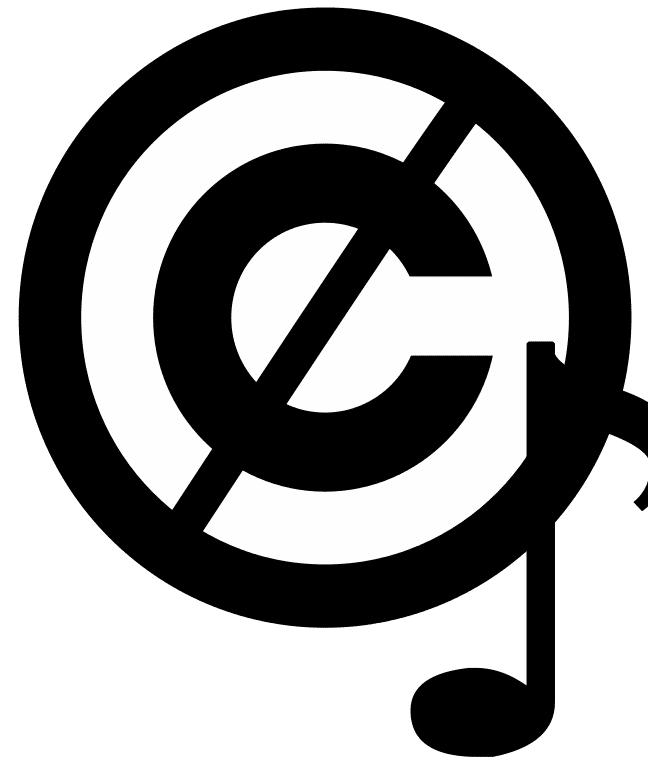
If you’re starting your music marketing journey, there are key concepts on copyright and music that you should learn about. Some of them we have already explored in previous entries—mostly in relation to derivative works and royalties. Regardless, in this article we’ll sum up everything you need to know in connection to the two terms to which we allude in the title.
Copyright and Music 101
Let’s begin with the most obvious: a musical work is a song’s underlying composition along with any accompanying lyrics. To understand this, think of musical notes on a musical sheet. The people who create these are composers and lyricists, who belong to the label of songwriters. If you produce something other than this—say spoken works, podcasts, or comedy routines, which are also available in streaming services—then these are not “musical works” as such.
Sound Recording: a Definition
Now, from our other entries on copyright, you might as well know that “sound recording” needs a particular definition because it needs a particular ownership (and, thus, it requires a specific form of payment). So, to put it succinctly, a sound recording is a series of musical, spoken, or other sounds that a performer creates and records and a record producer processes and fixes. Within this group of people involved, you can also add anyone who falls into the category “work made for hire.” Examples are an employer that commissioned you to produce the piece or an agent who asks for a compilation. Breaking it into parts, a sound recording consists of audio files from your DAW.
However, we’d like to warn you, that sound recordings have no public display right, and that the public performance right for them is limited to audio transmissions (at least in the United States). In other words, if any radio station wanted to play your sound recordings, they’d have to get permission and pay royalties.
Copyright and Music: a Rundown
The combination of copyright and music grants you natural privileges. Firstly, as an author, you can reproduce the work. Secondly, you can prepare derivative works (such as a sample, a remix, an interpolation, a mashup, a remix, or a cover song). Complementary to this, you can also synchronize your tunes to other audiovisual works, such as movies and commercials. Thirdly, with the appropriate copyright you can distribute copies of your work (namely selling or giving away your songs in music promotion campaigns).
Adding to the list, in fourth place, as an author with the necessary ownership you can publicly perform your creations. For example, you can do so in a gig or a public venue, or you can grant a radio station the access to play your tunes. Lastly, you can display your work publically, as would be the case of offering your lyrics online.
Music and Copyright: Conclusion
As mentioned in our introduction, this is a panorama of the fundamental concepts you should have at hand when delving into this industry. Hopefully, this scheme will make your research through the nuances of copyrights a more accessible one.
